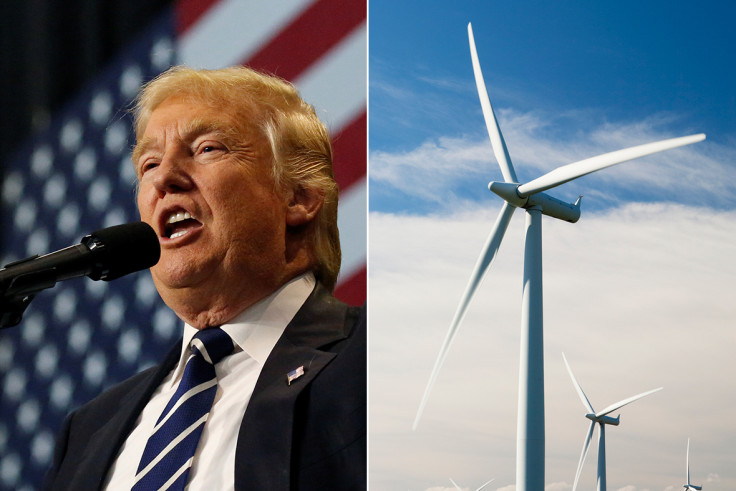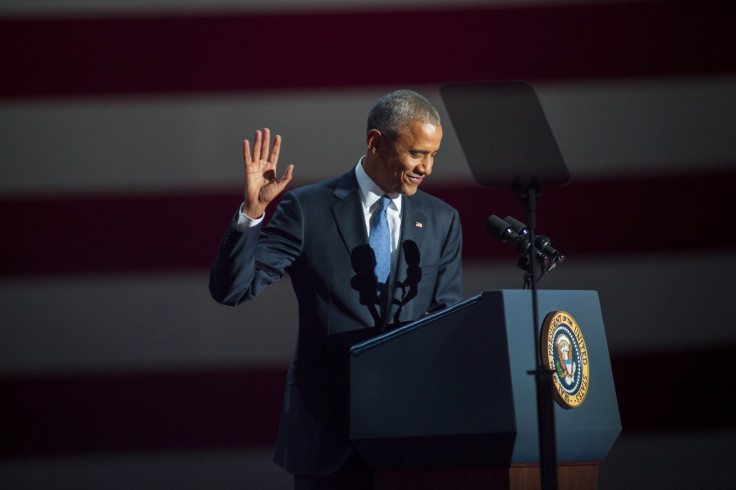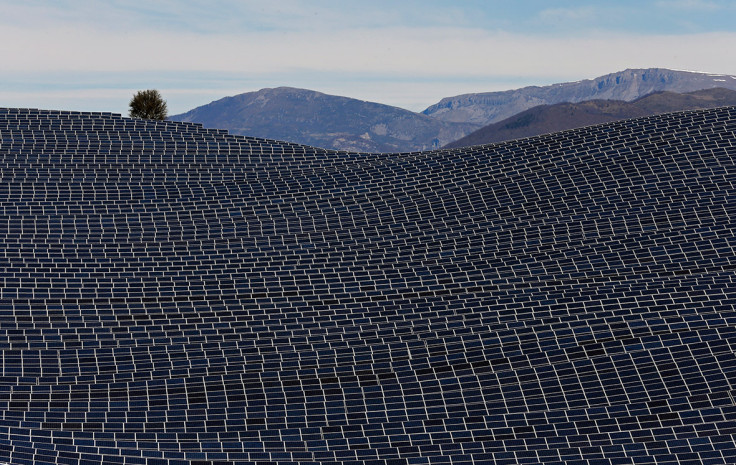Barack Obama: Donald Trump cannot not stop the irreversible momentum of clean energy
Barack Obama thinks the green energy movement is unstoppable, but sustainability experts are not so sure.
Donald Trump's election as the next US president will not derail the country's momentum towards sustainable energy, Barack Obama has said in his final days as US president, but sustainability experts warn that populism could yet hamper efforts to tackle climate change.
The American economy has begun an unstoppable trend towards green energy on a macro scale and on the levels of industries and individual businesses, Obama wrote in an article in the journal Science. Even the election of Trump – a self-confessed climate sceptic who once said climate change was a hoax by the Chinese – will not be able to throw a spanner in the works, Obama said.
"Although our understanding of the impacts of climate change is increasingly and disturbingly clear," Obama said. "There is still debate about the proper course for US policy – debate that is very much on display during the current presidential transition."
"The mounting economic and scientific evidence leave me confident that trends toward a clean-energy economy that have emerged during my presidency will continue and that the economic opportunity for our country to harness that trend will only grow."
Green economics
The decoupling of economic growth with growth in carbon emissions has already taken place, and now the two trends are going in opposite directions, he said. The American economy grew by 10% during his two terms in office, while carbon emissions from the energy sector in the US fell by 9.5%.
Striping down the macroeconomic trends, Obama argues that individual sectors and firms are convinced that carbon efficiency is driving bottom lines up and consumer costs down. Market forces in the energy sector are driving a shift from coal to natural gas, a slightly cleaner fossil fuel.
Obama also drew attention to support the energy industry has given to the Paris Agreement, which was "was a fundamental shift in the diplomatic landscape, which has already yielded substantial dividends". Trump has previously said he would like to pull the US out of the Paris Agreement.

"That is why hundreds of major companies—including energy-related companies from ExxonMobil and Shell, to DuPont and Rio Tinto, to Berkshire Hathaway Energy, Calpine, and Pacific Gas and Electric Company—have supported the Paris process," he said.
But not all climate researchers are convinced. Corinne Le Quéré, director of the Tyndall Centre for Climate Change Research, told IBTimes UK that Obama's prediction of an unstoppable trend toward green energy was "rather optimistic".
"It's true that there's a lot of momentum in the US at the moment, but it takes really a long time to gather momentum."
Unless this existing commitment is nourished, le Quéré said, there is a threat that the emissions will not decrease in the way necessary to tackle climate change. "Emissions need to go to zero eventually, to address climate change," she said. "Continuing the current trend is not enough, we need to reinforce it.
"Doing nothing or working to reverse trends, like Trump has said he was going to do, can do real damage."
Not just about business
And even if business and economists are convinced, there is a new threat to the clean energy movement from populism, sustainability experts have warned.
Days after Obama's statement of confidence in the clean energy movement, Andrew Steer, president of the World Resources Institute, has argued that populism could undermine international efforts to tackle climate change.

The fight against global warming requires non-partisan action if it is to be ambitious and effective enough, Steer told the Thomson Reuters Foundation. Aside from Trump in the US, populist movements in France, Germany and the Netherlands could also have an impact on international climate policy, he said.
"If you're against globalisation, you tend to be against global agreements on climate," Steer said.
This may indeed be a risk, said le Quéré. "The rise of populism is not the natural ally for resolving climate change." However, nor are they wholly opposed.
"In the past, climate change or addressing climate change has appealed more to people who were already inclined to protect the environment. That's been a real limitation because in order to address climate change, everybody and all sectors of society need to chip in.
"But climate change has multiple aspects, many of which share values with people who are against globalisation. For example, producing local energy is something that resonates with a broad spectrum of people."

© Copyright IBTimes 2025. All rights reserved.






















